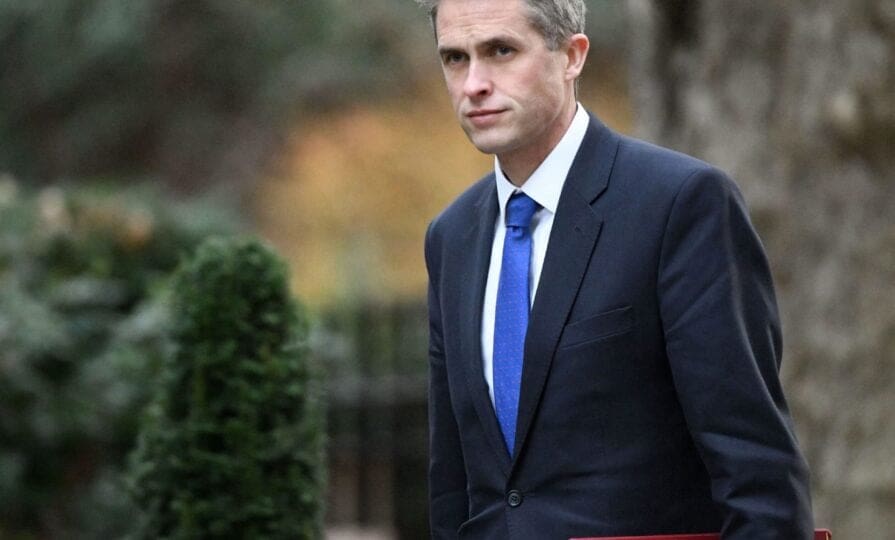Williamson admits ‘many mistakes’ made over Covid school closures
Williamson told lead counsel that ‘all key decisions were being taken at the centre’ of government, meaning the DfE ‘didn’t have the freedom’ to prepare independently

Register to get 1 free article
Reveal the article below by registering for our email newsletter.
Want unlimited access? View Plans
Already have an account? Sign in
Former education secretary Sir Gavin Williamson has admitted to “many mistakes” in the government’s handling of education during the Covid-19 pandemic, telling the public inquiry that schools were left unprepared and decisions were often taken too late.
Giving evidence to the inquiry’s eighth module, which is examining the pandemic’s effect on children and young people, Williamson said his department “should have done it very differently” and lacked “the agility and range of options that were needed” to respond effectively to the crisis.
He accepted that planning for school closures had been inadequate and that the Department for Education (DfE) relied too heavily on Downing Street’s direction.
Williamson told lead counsel that “all key decisions were being taken at the centre” of government, meaning the DfE “didn’t have the freedom” to prepare independently. He acknowledged that officials had not drawn up a plan for mass closures before 18 March 2020, when then prime minister Boris Johnson announced that schools would shut to most pupils. The department’s paper outlining that policy was drafted overnight at No 10’s request.
He said Johnson’s May 2020 promise that all primary pupils could return before the summer gave schools “a false sense of hope”, as social distancing rules made such a move “physically impossible”. Williamson also confirmed that a “fallback” plan for further lockdowns was kept from headteachers in 2020 because ministers feared it would provide “an excuse not to open” in September.
Questioned over the 2020 exam grading model, which replaced cancelled exams, Williamson said the approach was “quite clearly wrong” and that the system failed to recognise fairness to individual pupils. He admitted: “We always understood there were some students who wouldn’t get the grades they deserve”.
He also criticised government decision-making during the third national lockdown in January 2021, describing the closure of schools as “a mistake” made to “get people’s attention” rather than because of public health necessity.
The inquiry is expected to continue examining how delays, lack of contingency planning and political priorities affected children’s education, wellbeing and mental health during the pandemic.

